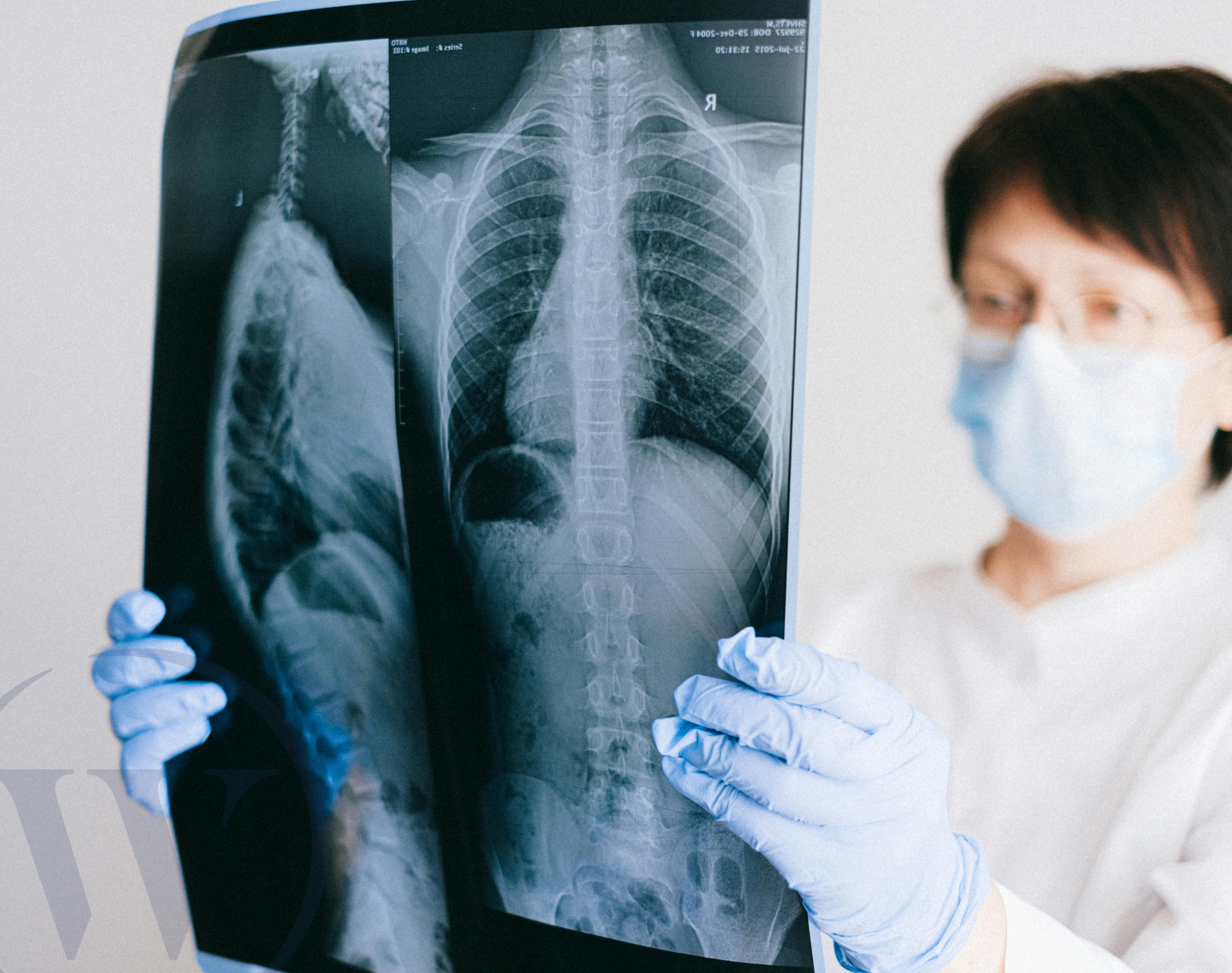Chronic Obstructive Pulmonary Disease (COPD) is a long-term lung condition that makes it difficult to breathe due to obstructed airflow. The most common symptoms include shortness of breath, wheezing, chest tightness, and a persistent cough.
Smoking is the most common cause of COPD. It damages the airways and lung tissue over time, leading to chronic inflammation, reduced lung function, and increased mucus production. Other causes include long-term exposure to air pollution, occupational dust and chemical fumes, and rare genetic conditions such as alpha-1 antitrypsin deficiency.
The risk increases with the number of years and quantity of cigarettes smoked. Even passive exposure to smoke can contribute to lung damage. Quitting smoking is the single most effective step to slow the progression of COPD and reduce the frequency and severity of symptoms. That cough—especially when productive—is often one of the clearest early signs.
In the UK, around 1.2 million people have been diagnosed with COPD, though many more may be living with it unknowingly. Early signs are often brushed off as age or lifestyle-related changes.
Cough is a common symptom in COPD, but many other conditions, such as asthma, reflux, rhinitis, and bronchiectasis, can also cause a chronic cough. Focusing specifically on the relationship between cough and COPD helps us better understand how to approach care and treatment.

